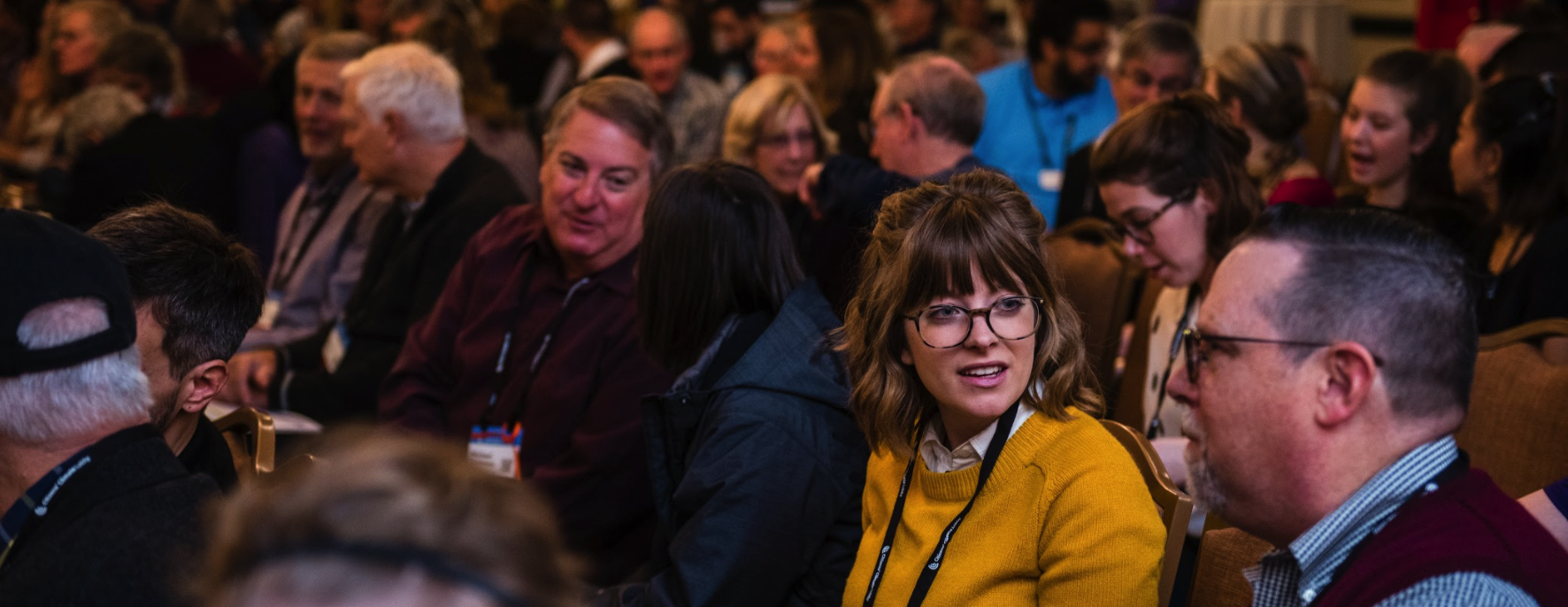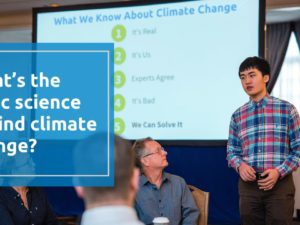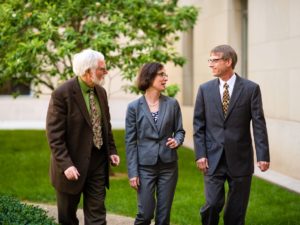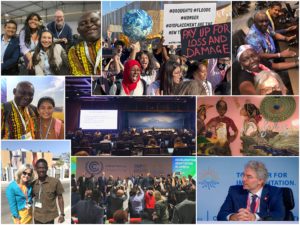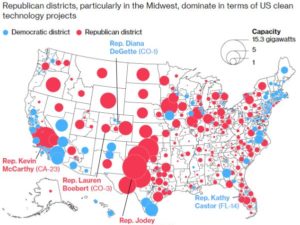CCL’s Inclusion Workshops in review
On Friday, March 18, CCL’s Diversity & Inclusion Fellows and members of the National Inclusion Team will host the first Inclusion Education and Roundtable Discussion Workshop. It is part of an ongoing discussion series covering the relationship that topics such as ableism, language, and gender, among others, have to the climate movement and CCL. The series is “meant to facilitate brave spaces for discussion about different inclusion topics and create places where people can learn from one another.”
The March session is titled, “How Race, Ethnicity, and Nationality play a crucial role in our activism.” This presentation will touch on the terminology, intersectionality, and the relationship of each with climate change.
We know that joining a conversation about diversity and inclusion can feel daunting, so here is a recap of one of last year’s discussions on environmental justice to provide some insight into the structure of the event and some background information you might find useful. You can find the recorded discussion here.
Environmental justice is defined by the EPA as “the fair treatment and meaningful involvement of all people regardless of race, color, national origin, or income, with respect to the development, implementation, and enforcement of environmental laws, regulations, and policies.” As discussed in the roundtable, communities of color — especially those consisting mainly of Black people, Indigenous people, and other people of color — are disproportionately impacted by climate change, and often have a diminished adaptive capacity compared to majority-white communities.
Adaptive capacity refers to the “skills and strategies of individuals and groups that are directed towards responding to environmental and socioeconomic changes.” White communities, which have historically held power and higher socioeconomic status, have built adaptive capacity through knowledge sharing, building wealth, and conversing with people and groups in power to benefit their communities, thus avoiding many of the negative effects of climate change. Black communities, conversely, have not historically held that kind of decision-making power. They are located nearer to environmental stressors, like highways that cause air pollution and lead to higher incidence of asthma or areas of coastal cities without enough infrastructure to adapt to rising sea levels and increased flooding.
The roundtable discussion on adaptive capacity and the basic definition of environmental justice then moved on to consider the ways that communities with a Black, Indigenous, and People of Color (BIPOC) majority are facing specific challenges not encountered by majority-white communities. For example, the Fellows explained, BIPOC folks, and Black people especially, face much higher rates of death from COVID-19 compared to white people. BIPOC individuals are more likely to be employed as essential workers who cannot work from home, are less likely to have health insurance and are more likely to receive improper care. Many BIPOC communities also have the additional burden of having been mistreated by the medical community in the past, leading to high levels of distrust that may discourage them from receiving life-saving care like the COVID-19 vaccine.
Each section of the presentation was followed by a question and answer session that flowed more like a continuation of the discussion. The Diversity & Inclusion Fellows provided their insight and expertise, and participants were encouraged to use their knowledge and experience to guide the conversation. Discussions on intersectionality, the idea that holding multiple intersecting identities leads to compounding oppressions, were brought up by participants during these Q&A sessions. Intersectionality is often a central idea to these conversations, as Black people, Indigenous people, and other people of color are often excluded from climate conversations. However, as discussed in the presentation, individuals of color are often excluded from climate discussions. This exclusion may be because of the perceptions held by people in power, such as believing BIPOC communities do not understand the issues, or because of barriers BIPOC individuals face to access these conversations (e.g., time or monetary resources). Since they are more impacted by climate change than other communities, however, it is vital that voices from BIPOC communities are centered in the conversations being held about the crisis.
The workshop continued to become more focused, ending with a discussion on the way CCL is showing up and can continue to show up, to be an advocate and ally in the pursuit of environmental justice. Examples of this include building relationships with people and groups focused on environmental justice in your local community, researching the local climate impacts faced by people in your community, and learning about successful programs in other CCL chapters across the country. There are also four CCL training programs you can complete that serve these goals; learn about them here. You can read CCL’s statement on environmental justice and learn about other diversity, equity, and inclusion initiatives here.
We hope this recap provides you with an understanding of the format of these discussions, empowers you to learn more about the relationship between climate change and forms of oppression, and encourages you to participate in the next upcoming inclusion session on Friday, March 18, at 7 p.m. EST. The workshop will be for an hour.
We look forward to being in conversation with you about the relationship that race, ethnicity, and nationality have to our climate activism. Thank you for sharing your time, knowledge, and emotional labor with us in pursuit of a better CCL.

